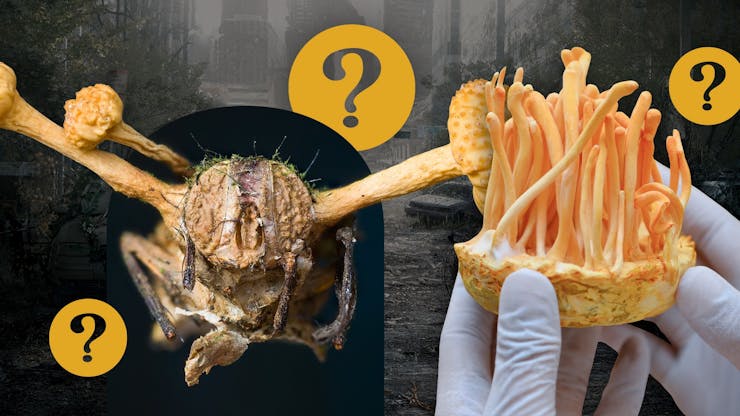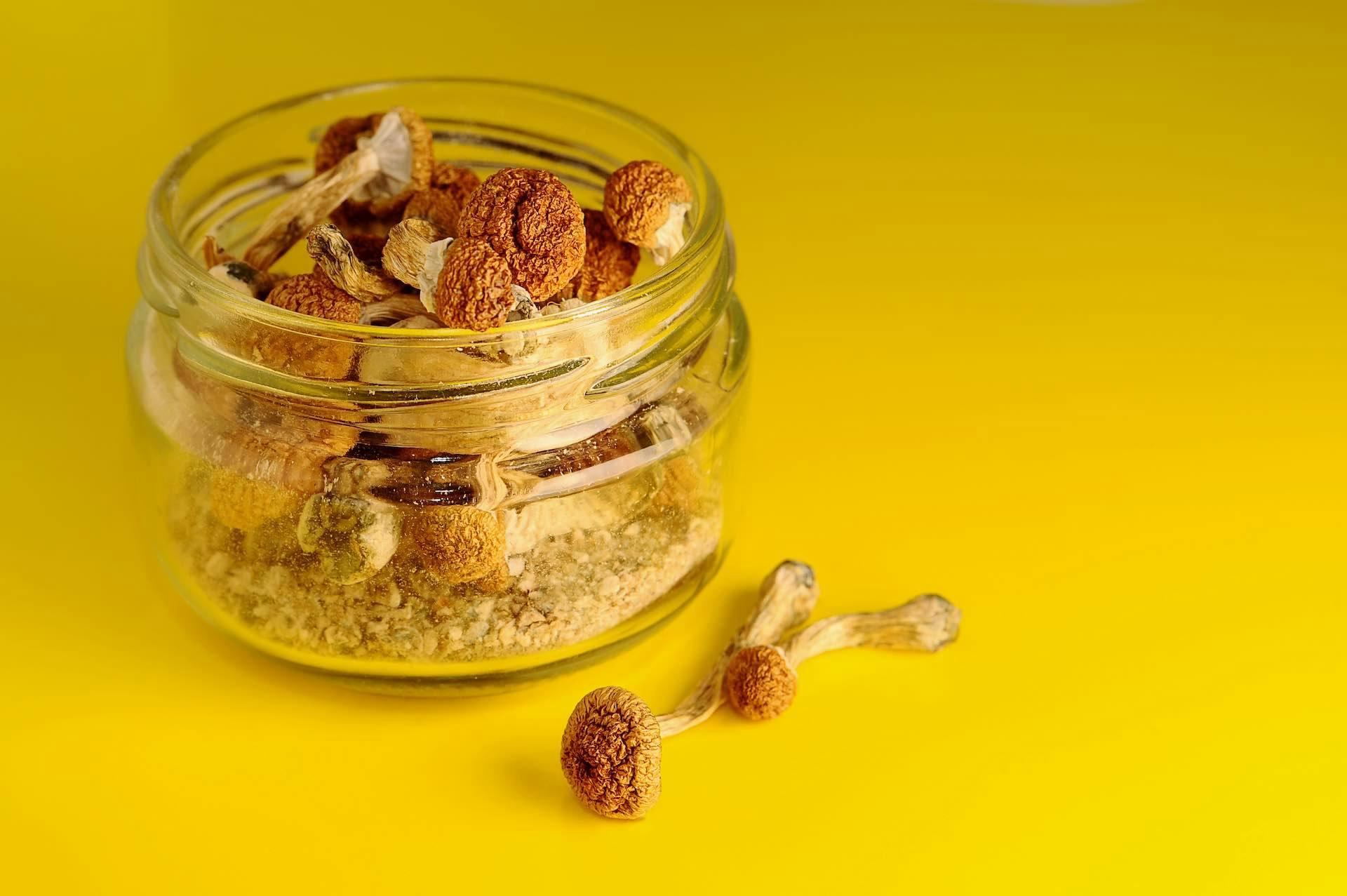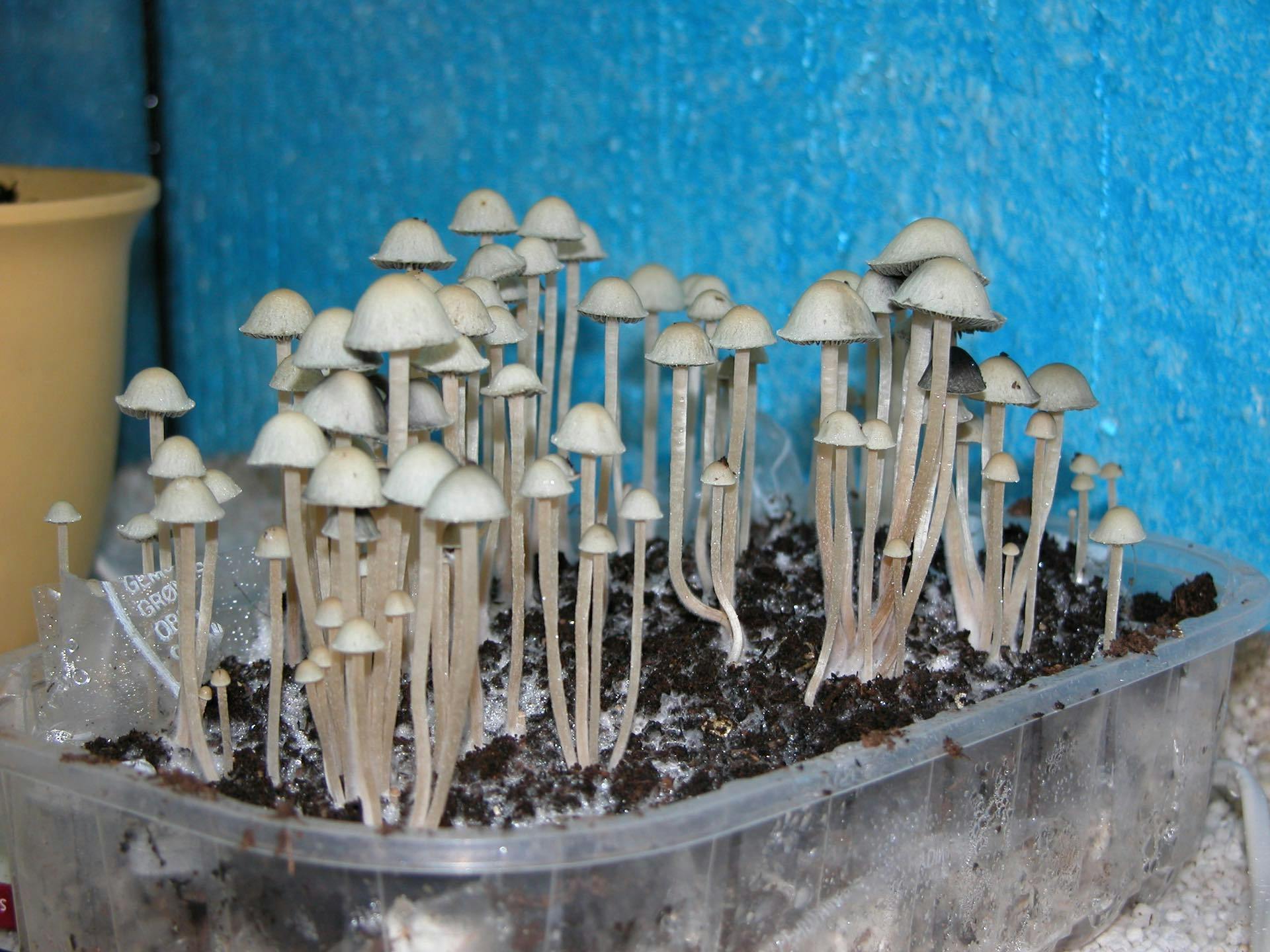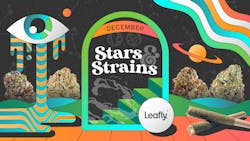Thanks to HBO’s hit series The Last of Us, cordyceps mushrooms have officially hit the zeitgeist.
If the super-creepy series served as your introduction to this fascinating genus of fungi, however, you may have a slightly distorted view of how cordyceps propagate, and the myriad benefits that they offer us.
In The Last of Us (both the HBO series and the video game that inspired it), a species of cordyceps infects humans and turns them into violent zombies, fueling a complete breakdown of society. (I, for one, am glad that Pedro Pascal is among the living.) While mycologists have, unsurprisingly, pointed out that this ain’t gonna happen, The Last of Us does nonetheless contain a grain of truth about cordyceps.
Creating ant zombies
Outside of a laboratory, cordyceps spread by infecting insects and other fungi in various parasitic relationships. One tropical species, Ophiocordyceps unilateralis, has become known as “the zombie-ant fungus.” It infects the bodies of ants before eventually entering their brain and tricking the ant to climb a plant stem, where the fungus grows a stalk out of the (now dead) ant’s head that shoots new spores to the ground below.
Alternately, different non-tropical species of cordyceps have been employed for centuries in traditional medicine—and embraced more recently in the West—for a variety of reasons: They have a reputation for enhancing energy and libido and supporting good heart health.
Read on to learn more about the benefits of cordyceps, the species you’re most likely to encounter in America and how to grow them.
What are cordyceps?
Cordyceps constitute a genus of fungi; scientists have cataloged hundreds of species of themn. Yet only two types of cordyceps are available for commercial use: Ophiocordyceps sinensis and Cordyceps militaris.
Ophiocordyceps sinensis: The most expensive mushroom in the world
Historical records show that ophiocordyceps sinensis has been incorporated into traditional Chinese medicine for centuries. The fungus grows in the caterpillars of the ghost moth. The supply for this species of cordyceps remains low: It is rarely cultivated, but instead foraged.
As demand for these cordyceps has soared, so has their cost: At over $20,000 per kilogram, ophiocordyceps sinensis have gained a reputation as the priciest mushroom in the world.
Only a minute fraction of cordyceps supplements available in North America come from ophiocordyceps sinensis.
Cordyceps militaris: Affordable and popular
If you’ve tried a cordyceps supplement yourself, chances are that it came from cordyceps militaris.
Manufacturers can easily cultivate militaris in a lab setting, but it grows naturally on insects as well.
“Cordyceps militaris is the most popular [species of cordyceps that’s being cultivated,” William Padilla-Brown, a well-known mycologist and leading expert on cordyceps, told Leafly.
Benefits of cordyceps
Let’s first stress that cordyceps have not received FDA approval. Manufacturers and researchers nonetheless believe that cordyceps present a range of health benefits.
Libido enhancement
Cordyceps have long been used to enhance libido, and recent research—albeit via studies conducted on mice—supports this theory.
Energy enhancement
Cordyceps may boost the body’s production of the adenosine triphosphate (ATP) molecule, which helps us fight fatigue and sustain exercise.
“You feel the energy from them. [For example], you get a boost when you’re hiking,” Padilla-Brown, the mycologist, told Leafly.
Heart support
Research indicates that cordyceps can help stabilize our heart beats and reduce arrhythmia.
Padilla-Brown pointed out that cordyceps contain adenosine, which doctors use to aid patients with heart troubles. Padilla-Brown says that a dose of the mushrooms contains “almost the exact same [dose] that a doctor would employ. “Cordyceps are producing biologically active compounds that are beneficial for heart function. The proof is in the pudding,” he added.
Other potential benefits
Herbalists, scientists and consumers alike tout additional benefits of cordyceps as well, including their potential to combat Type II diabetes, reduce inflammation and slow tumor growth.
Are cordyceps legal to buy and possess?
Yes. Americans can purchase cordyceps supplements online or at grocery stores and health food stores.
Manufacturers typically sell cordyceps in powder, capsule or liquid form.
Padilla-Brown told Leafly that prepubescent children and pregnant women should not take cordyceps, but that they are otherwise generally safe for adults to consume.
Cordyceps supplements tend to cost between 10 and 25 cents per capsule.
Are cordyceps easy to grow yourself?
Padilla-Brown recommends cordyceps militaris as a great choice for amateur growers. “If you feel passionate about mushrooms at all, you’re going to be able to grow cordyceps mushrooms,” he told Leafly.
He pointed out that cordyceps must remain at 65 degrees Fahrenheit, and suggests that aspiring cordyceps cultivators utilize a basement or an easily air-conditioned space to grow them.
Finally, Padilla-Brown encouraged mushroom-minded entrepreneurs to lean into cordyceps.
“It’s a cash crop, really. I think more young people should get into it as a way of developing wealth for themselves. [People] can grow cordyceps on rice. Ingredients are not very expensive, and pounds can go from $600 to 1,200. I think it’s a win-win,” he said.








